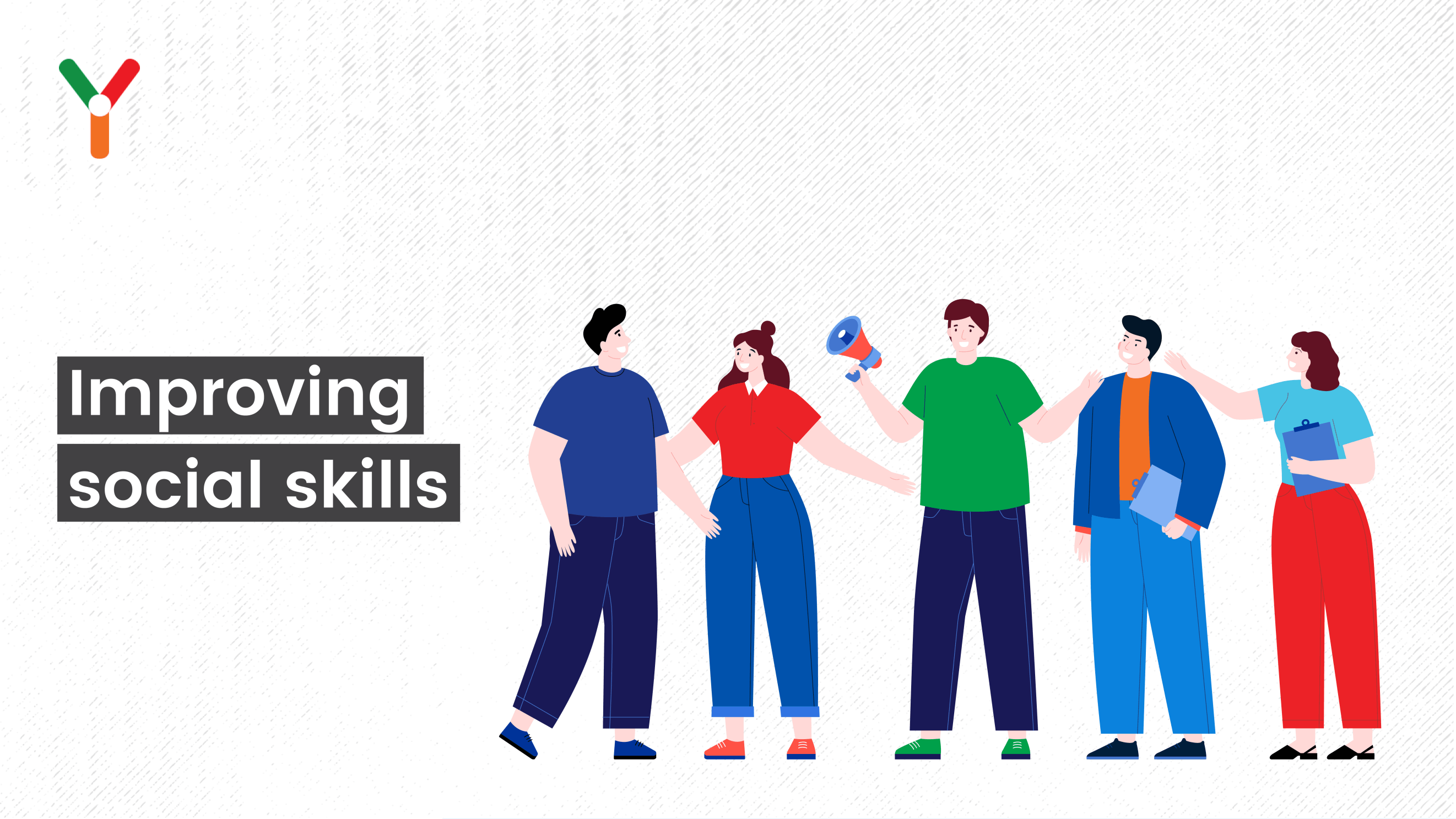
December 31, 2020 - Tangila Binte Thuhid
Effective communication: Improving our social skills
Social skills are essential in both our professional and personal relationships. Although it is not a skill that is usually taught in schools or colleges, it is essential to learn and cultivate for our own well-being.
Before we start practicing social skills, we have to first understand what the term entails. Generally, social skills are recognized as interpersonal or soft skills, which involves verbal as well as non-verbal communication styles. Verbal communication involves spoken language, while nonverbal communication tilts toward body language, facial expressions, and eye contact. Strong social skills can also help to build and maintain successful relationships, both professionally and personally.
For developing strong adaptability traits in a public sphere, there are several recommended ways that can aid in developing social skills.
1.Being productive and taking initiatives
This does not mean dominating a conversation but being well-prepared, engaging more with people, and taking ownership.
2.Accepting feedback
Generally, people are hesitant about receiving feedback. However, it can be useful to ask friends, mentors, or supervisors for honest feedback to improve oneself. These feedback can be translated into achieving personal and professional goals in the long run.
3. Prioritize how rather than what to say
You might have a brilliant idea, but no one at your workplace will be on board if you do not properly communicate it. Body language plays a role here as well, as research says, 97% of our communication is unspoken. Improving body language can increase acceptance of a message or idea.
4. Speak clearly
Do not mumble when conversing with anyone. Train yourself to speak slowly and coherently, so that everyone involved in the conversation can understand your point.
5. Practice actively listening
There are few tricks to improve active listening skills. Make eye contact with the person with whom you are having a conversation. Reiterate your understanding. Acknowledge their feelings and underscore what you have understood from the conversation. People need to be made to realize that they are being heard, and active listening is the key to create that desired comfort zone for people to speak up.
6. Be respectful of people’s choices and personal space
A simple ‘thank you’ can go a long way. Having good manners and mutual respect is an essential social skill. Giving personal space and treating people the way they want to be treated will help build your social skill in an interpersonal manner.
7. Be empathetic and build a connection
Show respect and appreciation of other’s work and achievements. A good reminder is to put yourself in other people’s shoes and understand their point of view before taking any impulsive actions.
Social skills are the core skills you need to learn and practice to thrive in every relationship, whether it be personal or professional. The best way to develop these skills is to put your learnings into practice. The more you practice, the better you will be at it.
